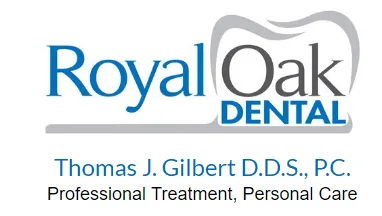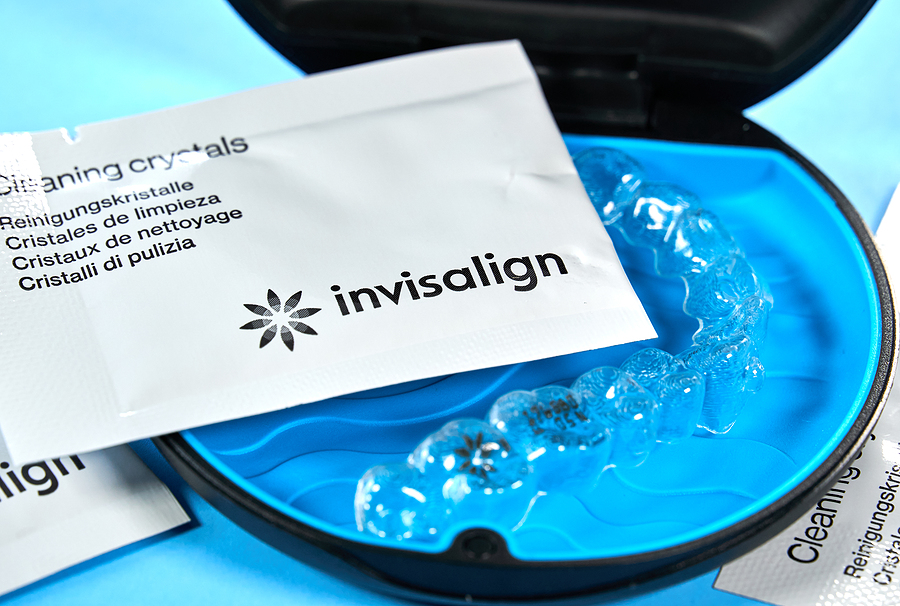Gum disease affects millions of people, yet many remain unaware of the warning signs. This sneaky condition can lead to serious health issues if left untreated. That’s where periodontists come in. These dental specialists focus on gum health and are your best resource for tackling periodontal problems head-on.
Understanding gum disease is crucial for maintaining not just oral health but overall well-being. So, how do you recognize when something might be wrong? By knowing the common causes and symptoms, you can catch potential issues early and seek professional help in a timely manner. Let’s delve into the key indicators that should prompt you to see a periodontist in Royal Oak, MI, so you can keep your smile healthy and bright!
Common Causes and Symptoms of Gum Disease
Gum disease, also known as periodontal disease, often starts with plaque buildup. This sticky film of bacteria forms on your teeth when oral hygiene is neglected.
- Smoking and tobacco use significantly heighten the risk. These habits compromise blood flow to the gums and hinder healing.
- Hormonal changes can also play a role. Women may experience increased susceptibility during pregnancy or menopause due to shifts in hormone levels.
- Genetics isn’t something you can control either. If gum disease runs in your family, your chances increase.
- Symptoms vary but are usually subtle at first. Early signs include swollen gums that bleed easily during brushing or flossing. Bad breath that lingers despite good hygiene practices might be another indicator.
- As the condition progresses, discomfort while chewing or loose teeth could arise. Recognizing these symptoms early is crucial for effective treatment and better oral health.
The Importance of Early Detection and Treatment
Early detection of gum disease is crucial for maintaining oral health. When caught in the initial stages, such as gingivitis, treatment can be straightforward and effective. Professional cleanings and improved daily care can often reverse the damage.
Neglecting early signs allows gum disease to progress. Advanced stages, like periodontitis, involve irreversible effects on both gums and bone structure. This not only leads to tooth loss but may also impact overall health.
Timely intervention protects your smile and helps prevent complications down the road. Regular dental visits play a key role in identifying issues before they escalate. Even subtle changes should be addressed promptly with your dentist or periodontist.
Investing time in preventive care pays off significantly later on. A proactive approach ensures that you keep your teeth healthy for years to come while avoiding more invasive treatments later. Contact us to learn more.
Warning Signs to Look Out For:
Gum disease often starts subtly, making it crucial to recognize its early warning signs.
- One of the first indicators is persistent bad breath, which could signal bacterial buildup in your mouth.
- You might also notice swollen or bleeding gums when brushing or flossing. This discomfort shouldn’t be ignored; it’s a clear message from your body that something isn’t right.
- Another red flag is receding gums, where you can see more of your teeth than before. This not only affects appearance but may lead to further dental issues if left untreated.
- Sensitivity to hot and cold foods can indicate gum problems as well. If you feel pain during meals, it's time to pay attention.
- Loose teeth should never be overlooked. They may suggest advanced gum disease and require immediate care from a professional trained in periodontics in Royal Oak, MI.
When to See a Periodontist: Factors to Consider
Knowing when to see a periodontist can make all the difference in maintaining your oral health. If you notice persistent bad breath despite good oral hygiene, it’s time to consult an expert.
Bleeding gums during brushing or flossing is another critical sign. This could indicate gingivitis, which requires professional assessment and intervention.
Swollen or receding gums should also raise alarms. These symptoms often signal deeper issues that need addressing before they progress further.
If your teeth feel loose or shift position, don’t wait. Such changes might point to advanced gum disease and require immediate attention from a specialist.
Factors like family history of periodontal disease may influence your decision. Understanding these risks enables proactive care for your smile's longevity.
Treatment Options for Gum Disease
- Treating gum disease requires a tailored approach based on its severity. For mild cases, professional cleanings can do wonders. Removing plaque and tartar helps restore gum health.
- More advanced stages may require scaling and root planing. This deep-cleaning technique removes bacteria from below the gum line.
- In some situations, surgery might be necessary to repair damage or reduce pockets between gums and teeth. Procedures like flap surgery or bone grafts can help regenerate lost tissue.
- Antibiotics are also an option for managing infection. These medications can assist in controlling bacterial growth during treatment.
- Additionally, incorporating better oral hygiene practices at home is vital for lasting results. Regular brushing and flossing play crucial roles in preventing the recurrence of gum issues.
How to Prevent Gum Disease
Maintaining good oral hygiene is the first step to preventing gum disease. Brush your teeth at least twice a day with fluoride toothpaste. Don't forget to floss daily, as it removes plaque from areas your toothbrush can't reach.
Regular dentist visits are crucial. Professional cleanings help eliminate tartar buildup and identify early signs of gum issues. Aim for check-ups every six months or as recommended by your dentist.
A balanced diet also plays a role in oral health. Foods high in vitamin C, like oranges and strawberries, support gum tissue health. Stay hydrated, too; water helps wash away food particles and bacteria.
Avoid tobacco products, which can significantly contribute to gum disease risk. If you smoke, consider seeking help to quit—your gums will thank you!
Conclusion
Gum disease is a silent yet serious problem that can affect anyone. It's crucial to recognize the signs and symptoms early on, as timely intervention can make all the difference in your oral health.
If you notice any warning signs, such as persistent bad breath or swollen gums, don't hesitate to consult a periodontist. The expertise of these specialists in periodontics in Royal Oak, MI, ensures you receive tailored treatment options designed for effective recovery.
Preventing gum disease is always easier than treating it. Regular dental check-ups and maintaining good oral hygiene at home are essential practices everyone should adopt.
Take control of your oral health today by staying informed about gum disease and seeking help when needed. Your smile deserves attention!
Ready to achieve your perfect smile? Contact Royal Oak Dental today at 248-398-1818 or visit us at 715 North Main Street, Royal Oak, MI 48067. Our expert team is here to provide you with the best dental care and personalized treatment plans to meet your needs. Book your appointment now and take the first step towards a healthier, brighter smile!
Visit Our Office
Office Hours
- MON10:00 am - 6:00 pm
- TUE11:00 am - 7:00 pm
- WED8:00 am - 3:00 pm
- THU11:00 am - 7:00 pm
- FRIClosed
- SAT9:00 am - 3:00 pm
- SUNClosed





